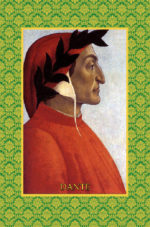THE EU AND NATO have been vigorously courting Estonia, the North Baltic State of that borders Russia, into their liberal sphere of influence. Given the fact that ethnic Russians comprise roughly a quarter of Estonia’s population, the move toward Western liberalism has been strenuously opposed and the highly courted Estonian government has prematurely failed.
Prime Minister Taavi Roivas Reform Party received a vote of no-confidence from the Estonian parliament. Following the vote, the Center Party, a party that has a collaborative agreement with Putin’s United Russia Party, has surfaced as the new coalition leader. The Center Party has the support of the Russian minority and has indicated its commitment to continuing ties with Russia.
The Center Party’s agreement with United Russia states that the two share common goals and interests and should cooperate in the areas of information exchange relative to professional party building, legislative processes, financial professionalism, international relations, cultural exchange and work among youth. The agreement exists to deepen the “good-neighborly cooperation between Estonia and Russia.”
The document of collaboration was signed by Mailis Reps, current Deputy Chairman of the Center Party.






